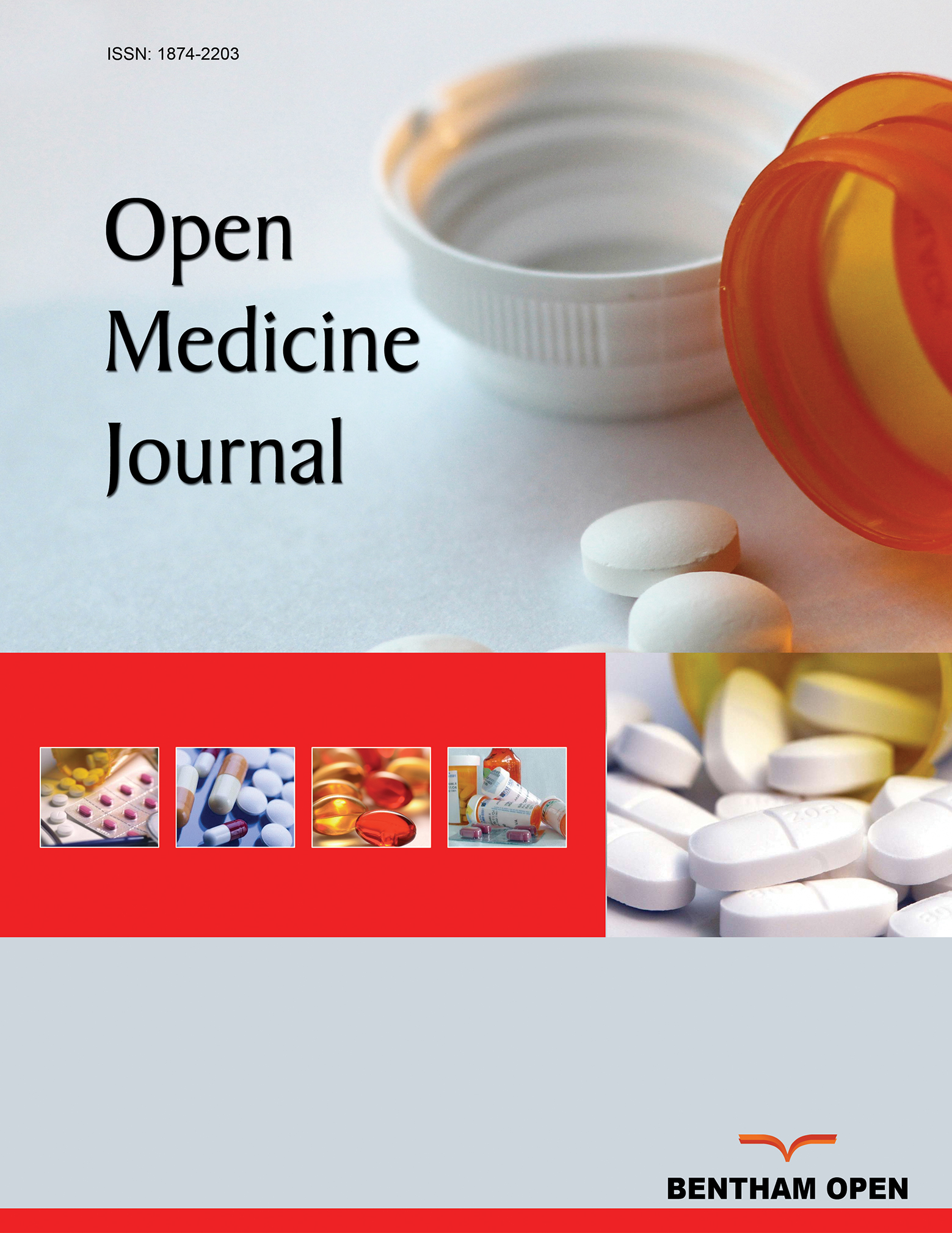All published articles of this journal are available on ScienceDirect.
Role of Microbiota in Pathogenesis of Gastrointestinal Cancers
Abstract
Gastrointestinal malignancies are a leading cause of cancer-related deaths and are linked to changes in microbiota composition. A body of accumulating evidence indicates that microbial dysbiosis plays a crucial role in neoplastic transformation and oncogenesis of the digestive system organs. This includes modulation of immune responses, alteration of the tumor microenvironment, and metabolic activities of gut bacteria, such as the production of short-chain fatty acids, bile acids, toxins, and genotoxins. Several clinical trials have recently been initiated to test fecal microbiota transplantation for improving the efficacy of immunotherapies and conventional chemotherapeutics in gastrointestinal cancers. This review summarizes progress in understanding the mechanisms driving microbiota's role in gastrointestinal tumorigenesis and how microbiota influences therapy response and discusses microbiota-based potential therapeutic applications.


